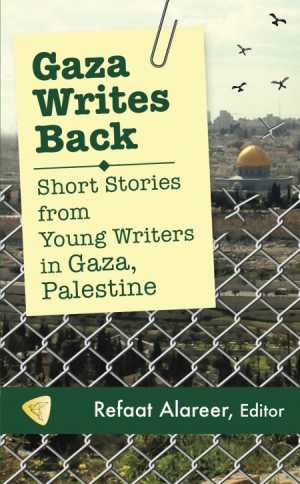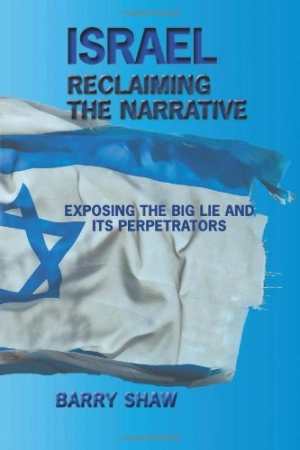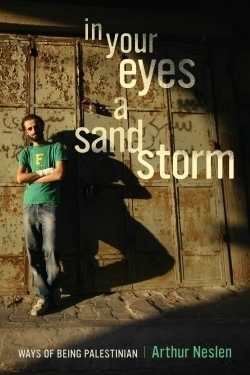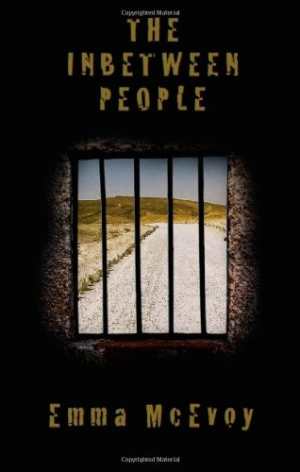Conflict In Gaza: Use Indie Books to Question What You Think You Know
No world conflict incites as much raw passion as the one between Israelis and Palestinians. We watch Palestinian civilians die in the ongoing Israeli offensive in the Gaza Strip and, even in the comfort of the United States, can fly into passionate grief, rage, turmoil over who is ultimately responsible for these casualties of innocents. It is a conflict that defies convenient, US-style left-right politics. So, we look for ways to make sense of what we see in the news, to place these current events in the context of our own sense of history, morality, and our understanding of what motivates Palestinians and Israelis.
Independent and self-published books play an important role in our comprehension of the competing narratives. Like our emotions overflowing with the evening news, these books can be raw, angry, poetic, righteous, cruel, yet also crucial because they dare print what larger publishers will not or cannot. If you seek to understand this conflict beyond the headlines and horror-filled images, expose yourself to multiple sources. Question everything. Learn more. Here are four indie books we’ve reviewed—both fiction and nonfiction—to get you started.

Gaza Writes Back: Short Stories from Young Writers in Gaza, Palestine edited by Refaat Alareer. Our reviewer Sheila Trask writes:
Fiction can reveal truths that are difficult to face directly. That’s the case with Gaza Writes Back, Refaat Alareer’s stunning and sobering collection of short fiction by young-adult Palestinian writers. The twenty-three pieces in this collection offer fictional yet hyperreal experiences during the Gaza War. … While no two stories are exactly the same, they all carry a palpable sense of urgency and expose a violent … world that few of us have seen so clearly before.
For raw, emotional, on-the-ground coverage from Gaza, take a look at Alareer’s tweets @ThisIsGaZa. And for more titles on Gaza, check out his publisher, Just World Books.

Israel: Reclaiming the Narrative: Exposing the Big Lie and Its Perpetrators by Barry Shaw. It is evident from the title that this book is a passionate defense of Israel’s position in the conflict. Our reviewer Barry Silverstein writes:
Quoting extensively from historical and media sources, the author demonstrates what he believes to be a strong bias against Israel and in favor of the Palestinians. Despite this bias, Shaw cites facts that suggest Palestinians are not suffering economically. He writes that “the Palestinian case is made up almost entirely of lies and false perceptions of national deprivation.” He claims that “Israel has recognized the right of Palestinian Arabs to self determination. Why do the Palestinians still refuse to recognize Jewish self determination in Israel?”
For his view of Israel’s role in the current Gaza conflict, take a look at Shaw’s blog, The View from Israel.

In Your Eyes a Sandstorm: Ways of Being Palestinian by Arthur Neslen. Reviewer Elissa Mugianis writes:
A British journalist, Neslen “grew up the child of left-wing and anti-Zionist Jewish parents in London” and has worked for the BBC, Haaretz, and Al Jazeera. In his previous book, Occupied Minds: A Journey through the Israeli Psyche, he interviewed fifty Israelis from various walks of life. In this book he travels to the “other side” and interviews a diverse cross section of Palestinians. The result is clear and focused snapshots of who and where some Palestinians are, what they’re thinking, and their experiences in relationship to their identity.

The Inbetween People by Emma McEvoy. Our reviewer Leia Menlove writes:
The Inbetween People takes place in war-torn, Intifada-era Israel. Against this backdrop two young men, a Jewish pioneer and an Israeli Arab, become friends only to discover that the country’s past holds them in its thrall more than they knew.
McEvoy’s book is just one among many excellent and award-winning titles at indie publisher The Permanent Press.
Howard Lovy
